In the wake of a recent raid that led to the detention of several Korean workers, discussions are actively underway to facilitate their return home. This development brings a glimmer of hope for those affected, yet it is accompanied by an undercurrent of anxiety among local residents.
The situation has unfolded against a backdrop of heightened tensions, as the community grapples with the implications of the raid. For the detained workers, the prospect of repatriation is a welcome relief, offering a chance to reunite with loved ones and return to the familiarity of home. Efforts are being made by various stakeholders to expedite this process, ensuring that the workers can navigate the complexities of their situation with dignity and support.
However, the ramifications of the raid extend beyond the individuals directly involved. Residents are left to contend with a sense of uncertainty and apprehension. Questions about safety, community cohesion, and the broader impact of such actions loom large. The local populace is understandably concerned about the potential repercussions, both immediate and long-term, that these events may herald.
As plans for the workers' return take shape, it is crucial for community leaders and stakeholders to engage with residents, addressing their concerns and fostering an atmosphere of transparency. Open dialogue can serve as a bridge to rebuild trust and alleviate fears, ensuring that the community can collectively move forward in a positive direction.
In conclusion, while the road to repatriation for the detained Korean workers is being paved, it is essential to recognize and address the lingering fears within the community. By prioritizing communication and understanding, all parties can work together to create a harmonious environment that supports both the returning workers and the residents who call this place home.

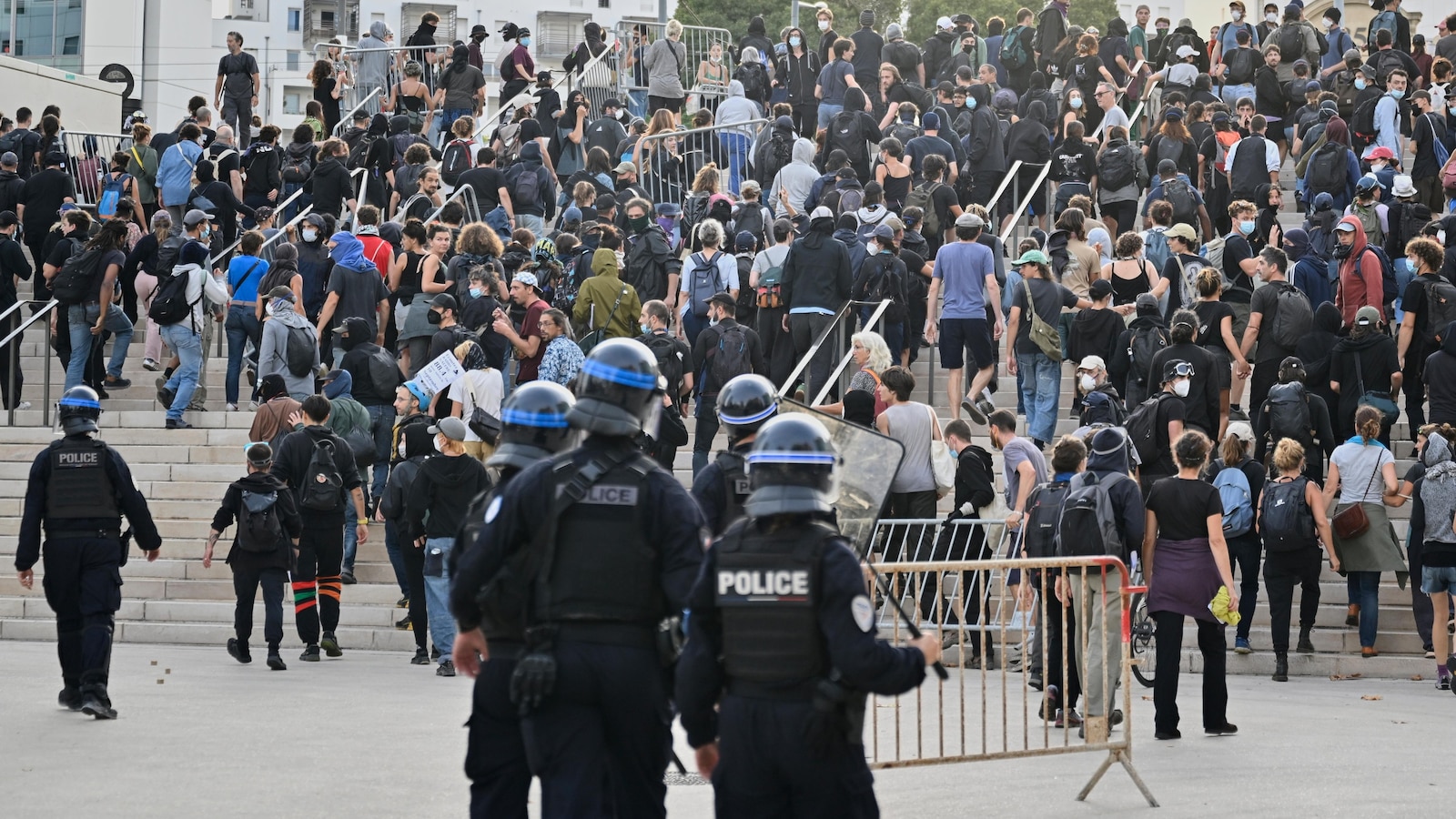
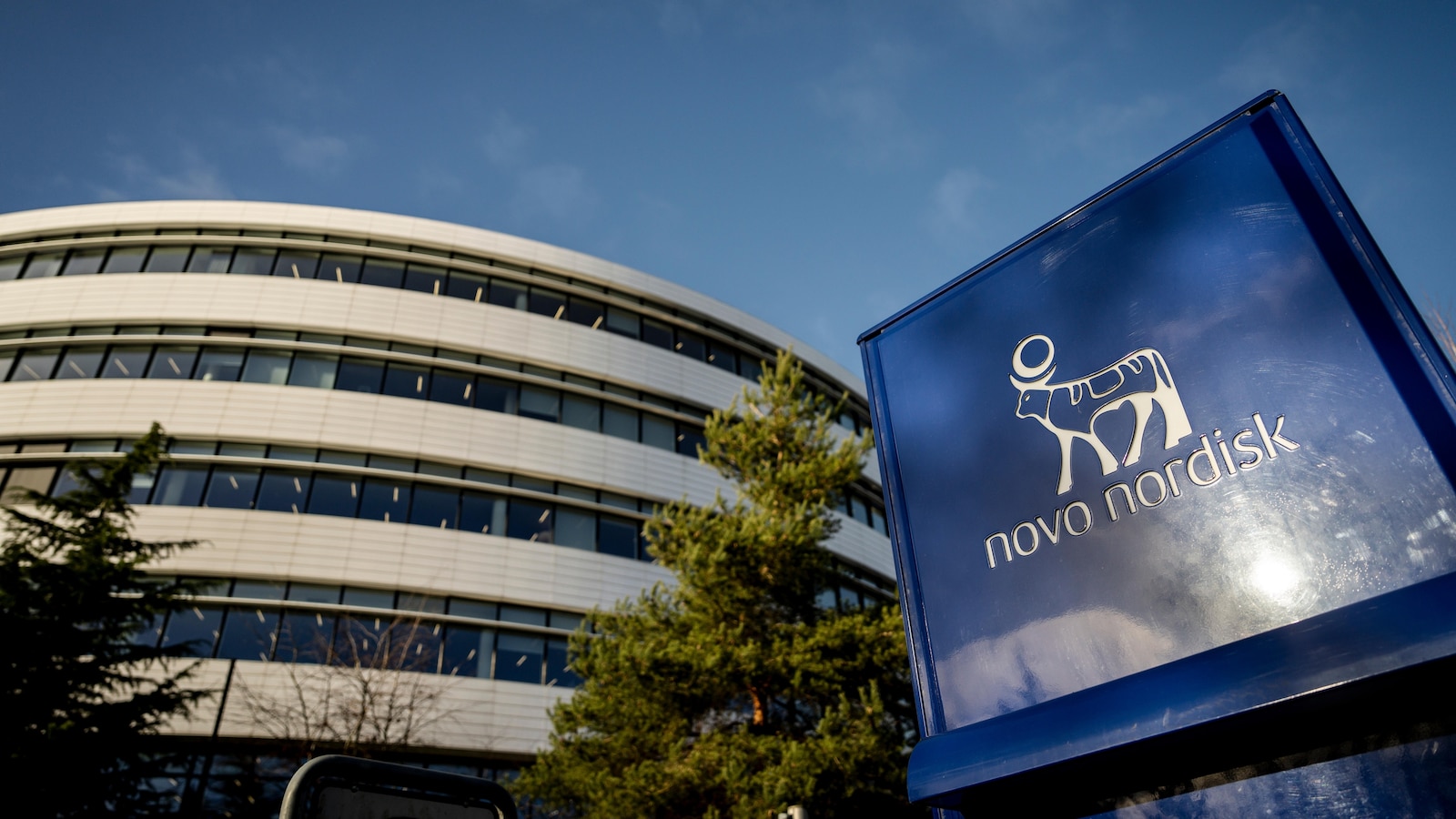
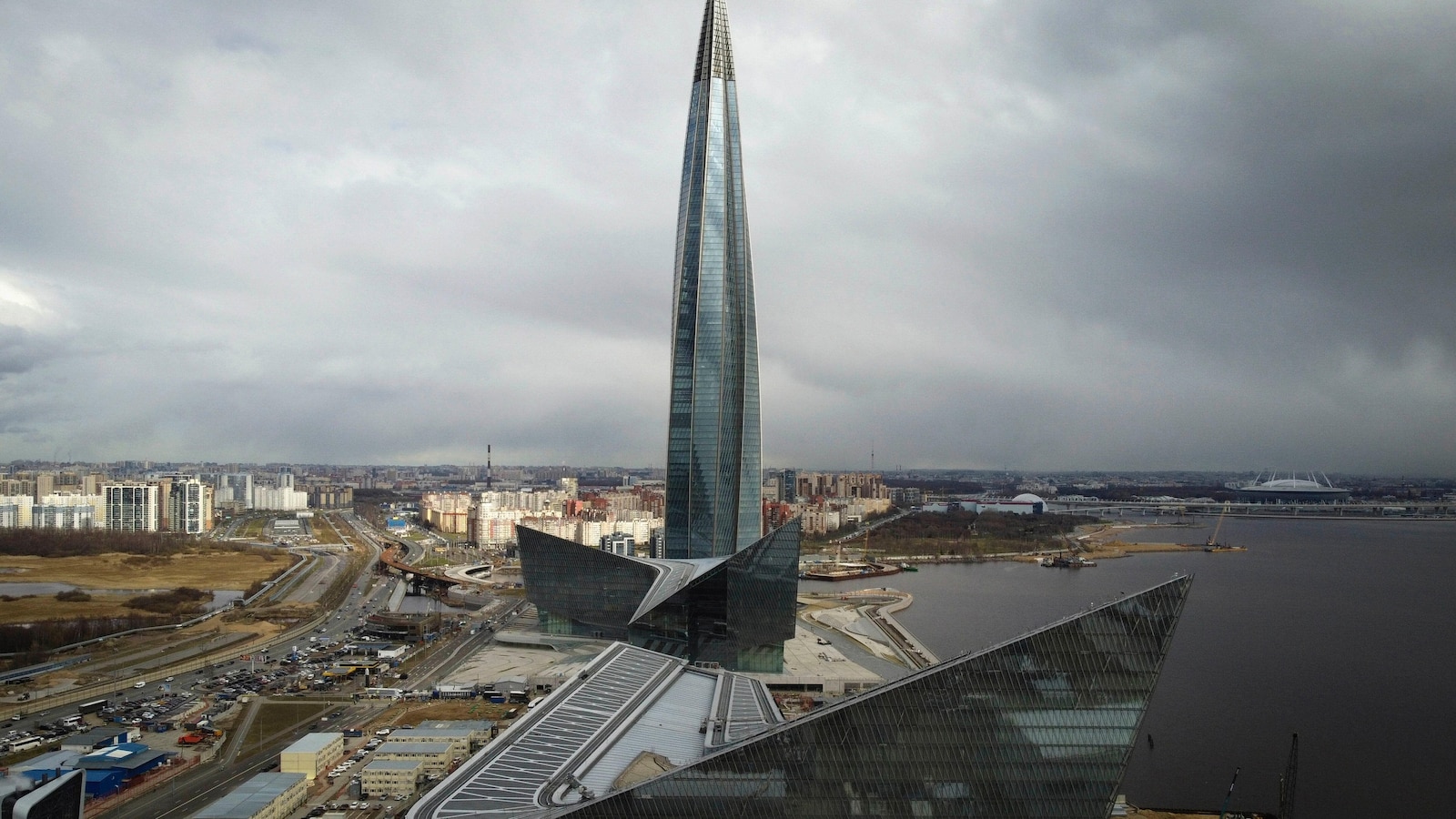
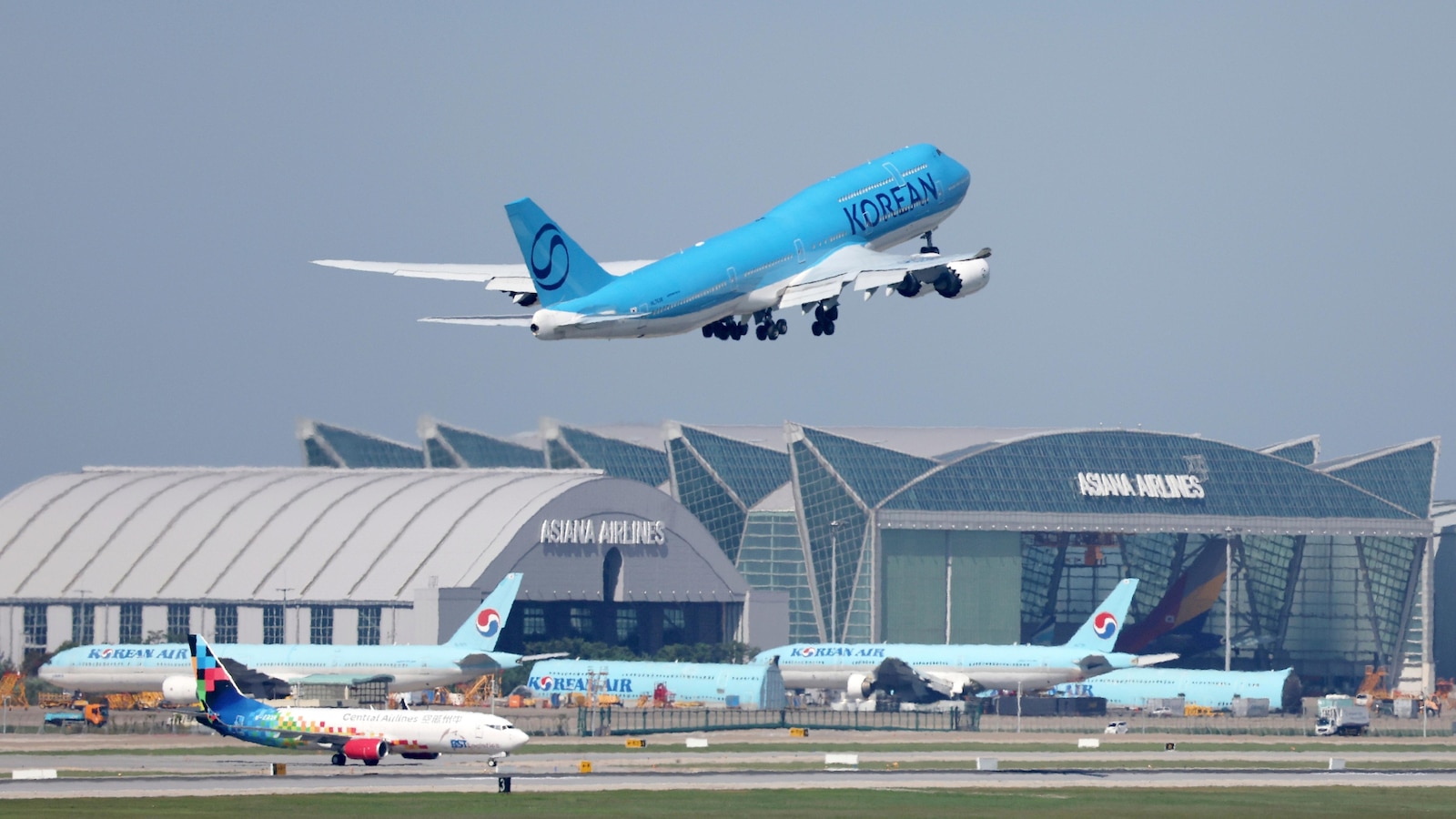



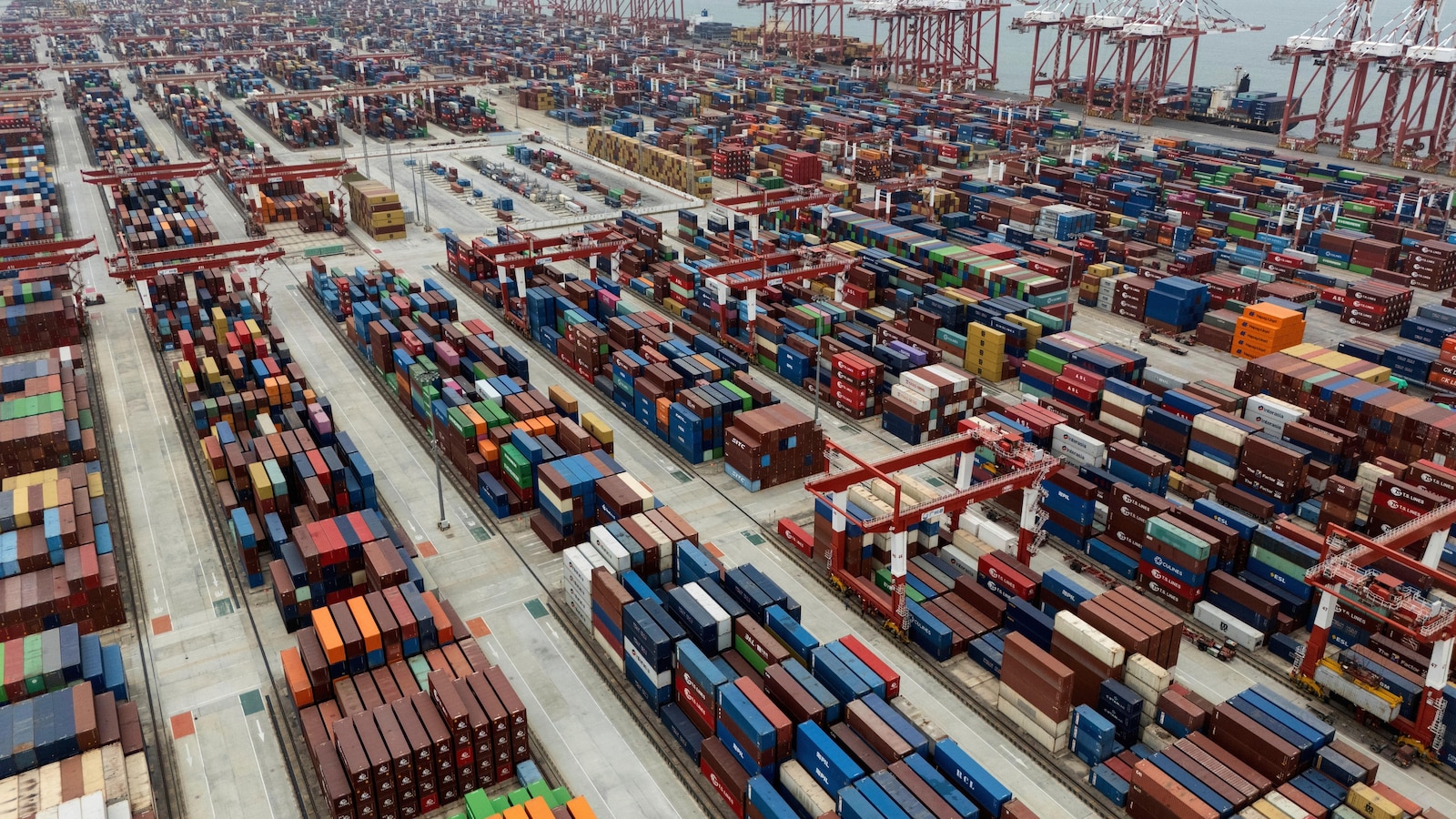








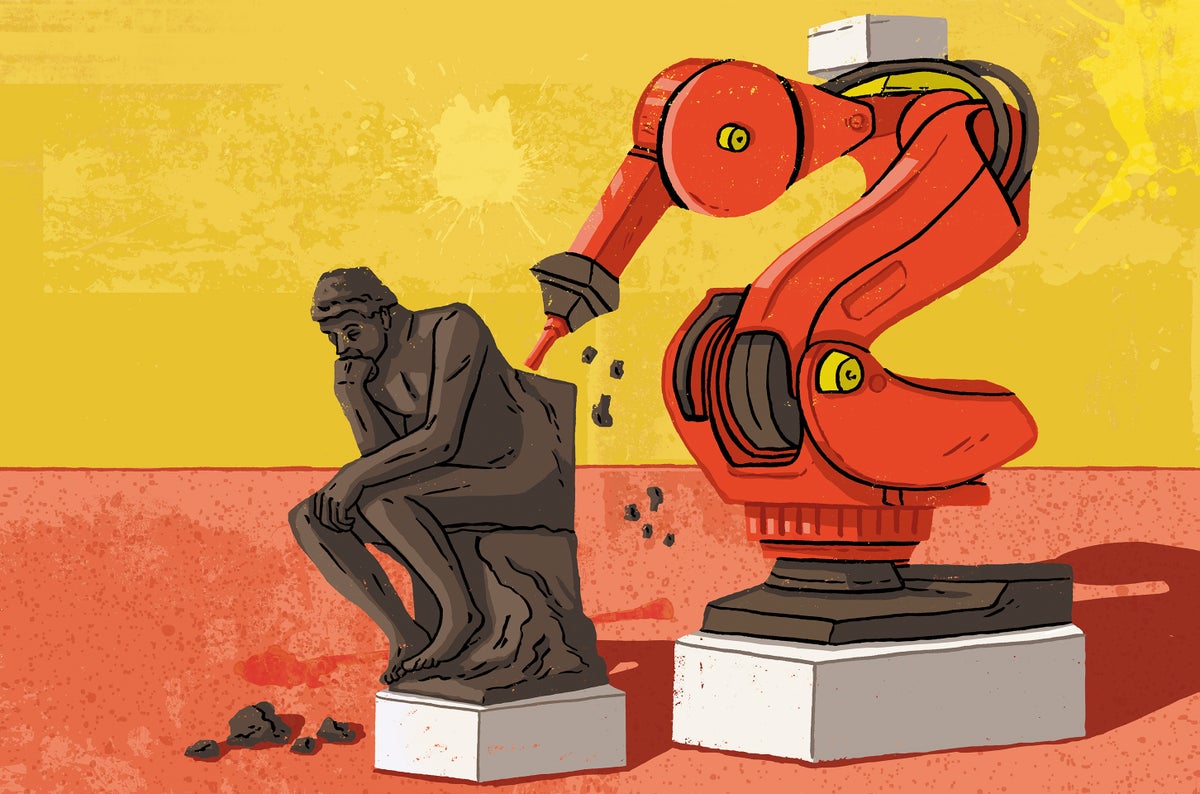






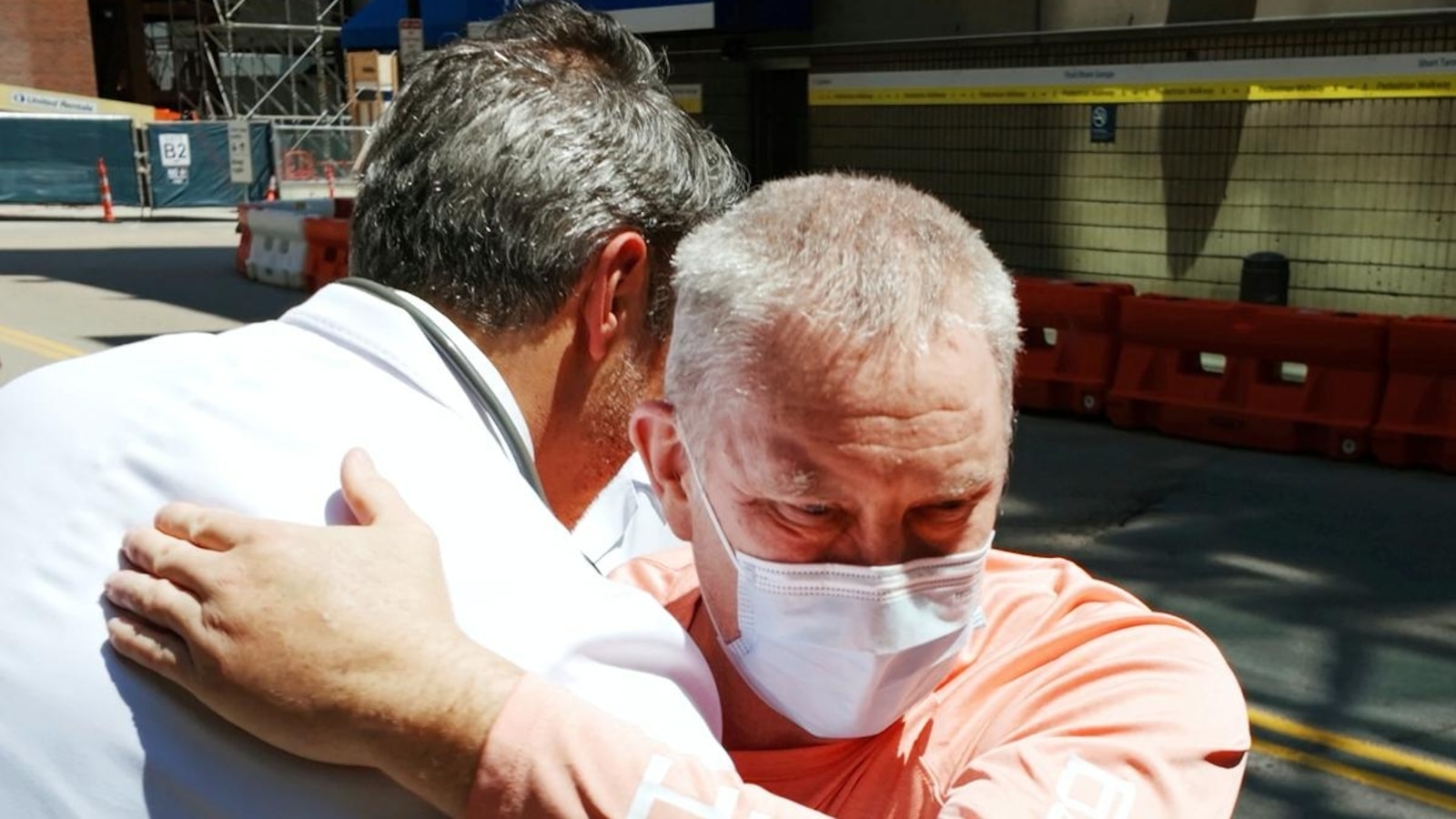











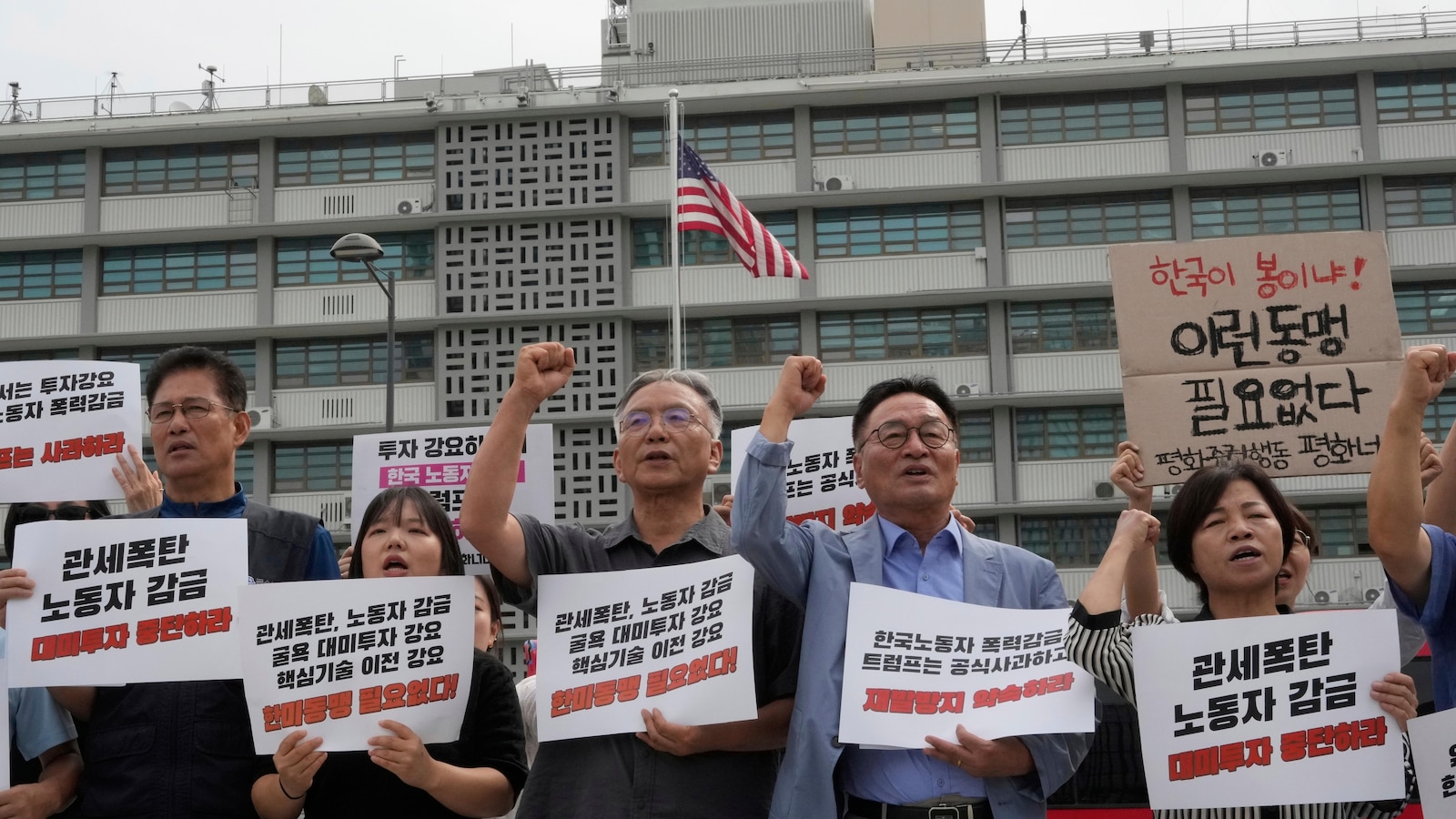









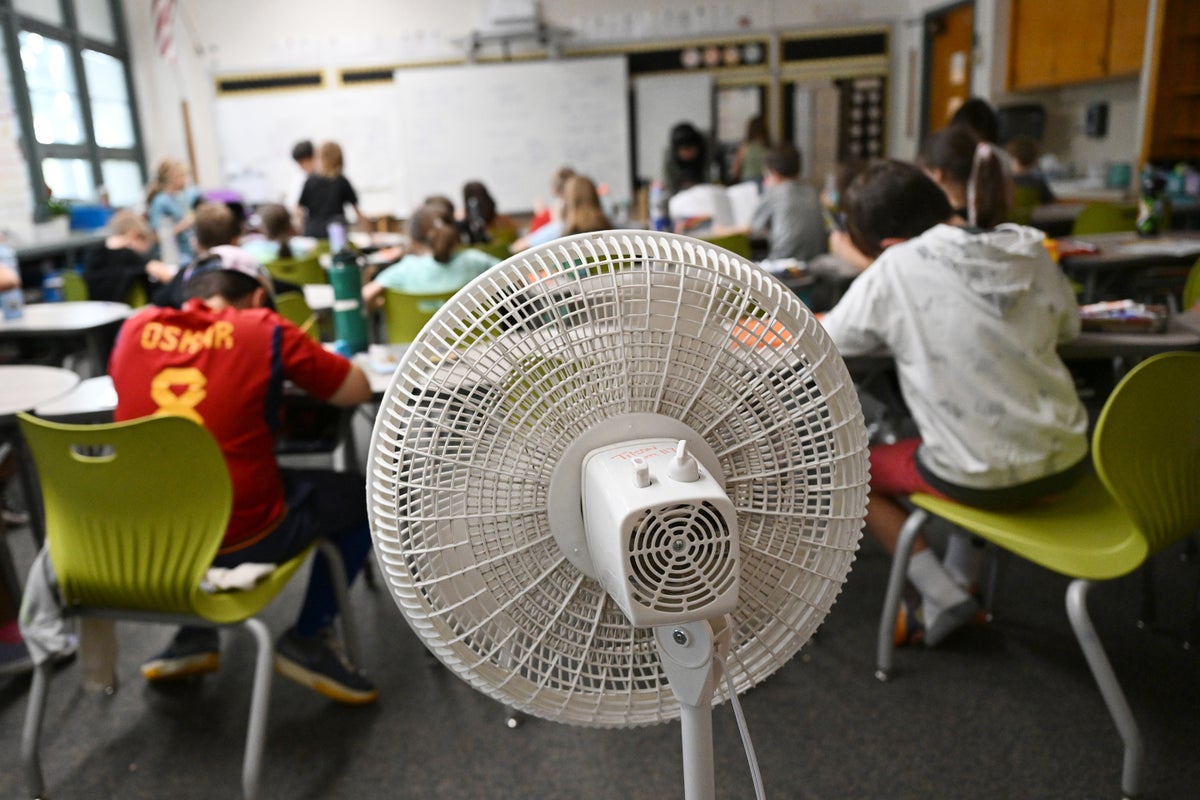



 English (US) ·
English (US) ·